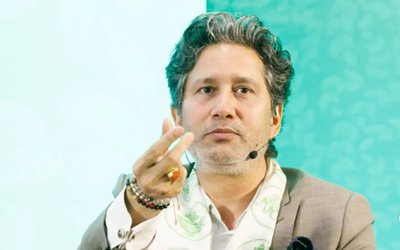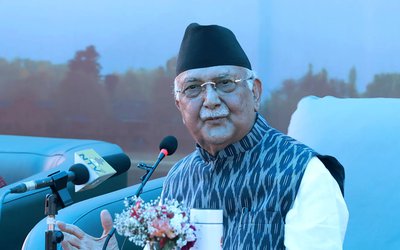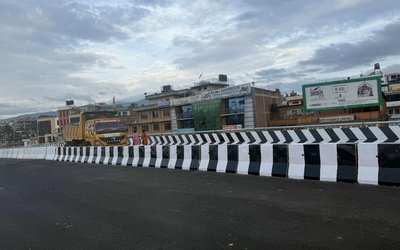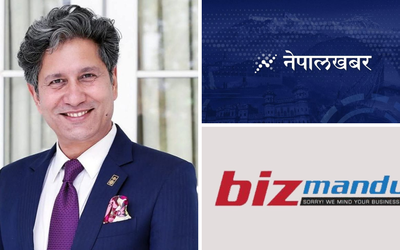More on News






Indian Home Minister P. Chidambaram has expressed his concern over the prolonged political instability in Nepal. During his interaction with newspaper editors from Nepal recently, Chidambaram made it clear that the uncertainty in Kathmandu has wider implications, and India has reasons to worry about the situation in a country with which it shares more than 1,800 km of open border.
It may be a coincidence, but Chidambaram’s statement came soon after US Secretary of State Hillary Clinton asked India to play a more assertive role in south Asia, specifically Sri Lanka and Nepal. But what Clinton overlooked was that India had played a leading role in creating a road map in November 2005, and that the international community had mostly gone along with that. The new identity envisioned by them was a Federal Republic of Nepal in the place of a unitary and constitutional monarchy, and its institutionalisation through a new constitution. The constitution is nowhere in sight. And the political flux continues.
On Monday, Prime Minister Jhalanath Khanal inducted nine new Maoist ministers into his council of ministers, taking the total number of Maoist ministers to a dozen, ignoring the disapproval of his party, the Communist Party of Nepal-Unified Marxist Leninist (CPN-UML), and that of the main opposition, the Nepali Congress. He has not only defied the instruction of his party’s standing committee but has also dared it to take disciplinary action. Khanal had come to power as a stop-gap prime minister, but he has consolidated his position by allying with Prachanda.
The entrenchment of the radical left in Nepal’s politics will be a headache for both India and the US, since its worldview remainsunchanged. So, the concerns expressed by both Clinton and Chidambaram will be viewed in many ways in Kathmandu.Back in 2005, the US was a late entrant in the India-led internationalsolidarity fold as it had reservations about working with the Maoists— which were still on the US terrorist list — and since it believed monarchy was a stabilising factor in conservative Nepal.
Six years later, a politics of consensus, one that is required to draft a new constitution and facilitate a smooth transition, is missing in Kathmandu. Nepal’s politicians have not only failed the people, but India and the rest of the international community as well. Chidambaram was voicing that concern. Meanwhile, most Nepalese lump India along with the Nepali political players of the 2005-06 change for the current instability. The worse, it seems, is yet to come. For, the politicians who stood together during the mass movement in 2005-06 are a divided lot now. The radical left has consolidated its grip on power, and moderate parties have been marginalised. A weak and divided Nepali Congress is reduced to a feeble opposition.






